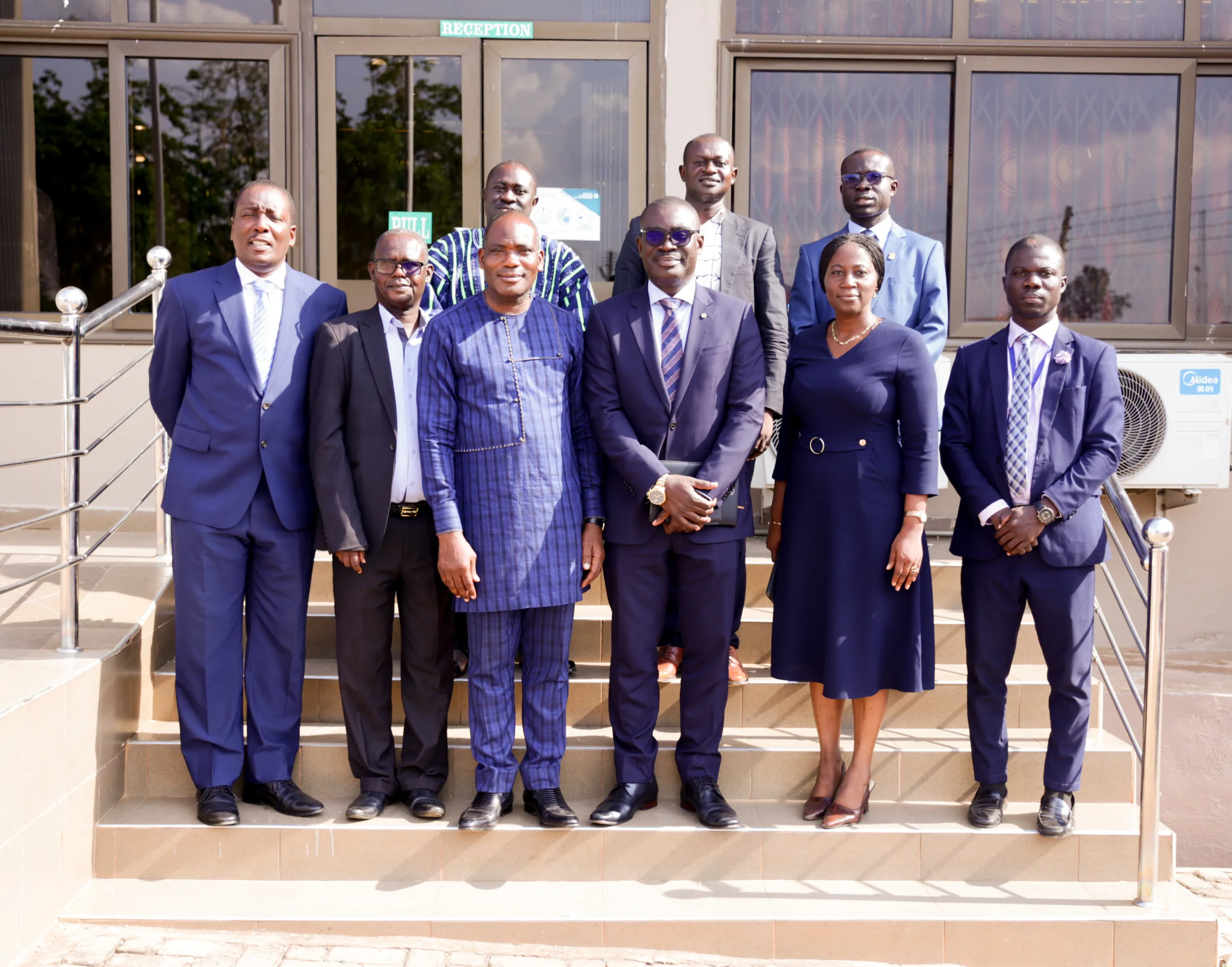
The Regional Centre for Energy and Environmental Sustainability (RCEES) of the University of Energy and Natural Resources (UENR) has partnered with GIZ to train experts in engineering, agriculture, technicians, extension officers and installers. The 5-day training on Solar-Powered Irrigation Systems (SPIS) was held from Monday, March 21 to Friday 25, 2022 at the South Ridge Hotel in Sunyani.
In his remarks at the opening session of the training, the Head of the Department for Renewable Energy Engineering, Dr. Felix Amankwah Diawuo indicated that the training sought to address irrigation and renewable energy issues in the agriculture and energy sectors of the economy, which are key to the achievement of the SGDs goals 2 & 7 on food security and clean energy. He also mentioned that the training would enable the participants further educate farmers on how to improve crop yield through solar-powered irrigation.
Ing. Samuel Akowuah Okyere, one of the facilitators presenting on the topic of conveyance, application and storage with respect to SPIS, explained that water efficiency is the ratio between water put into the irrigation systems and the amount of water that reaches the crop/application system adding that it is an important characteristic of irrigation systems. Additionally, he gave an overview of the irrigation methods used, which included drip irrigation, spray tube, sprinkler kit, hose, and furrow that have various effects on farmers. Given the low water efficiency of open channels for irrigation purposes, Ing. Okyere noted that it is strongly recommended to always use pipes, which is also referred to as hoses.

The participants were taken through topics such as water sources, solar pumps and systems as well as the Sustainability of SPIS. The Director of RCEES, Ing. Prof. Eric Ofosu Antwi was the training project lead and the Dean — School of Energy, Ing. Prof. Samuel Gyamfi; Ing. Emmanuel Yeboah Asuamah, Ing. Aziz Abu, Mr. Williams Amankwah and Mr. Emmanuel Effah were among the facilitators for the training.
In all, 30 participants from various parts of Ghana benefited from the free training, which intensively covered both theory and practical sessions. The participants, who were awarded a certificate of participation expressed that the knowledge acquired at training as consultants and extension officers would further be beneficial to the farmers they work with.







